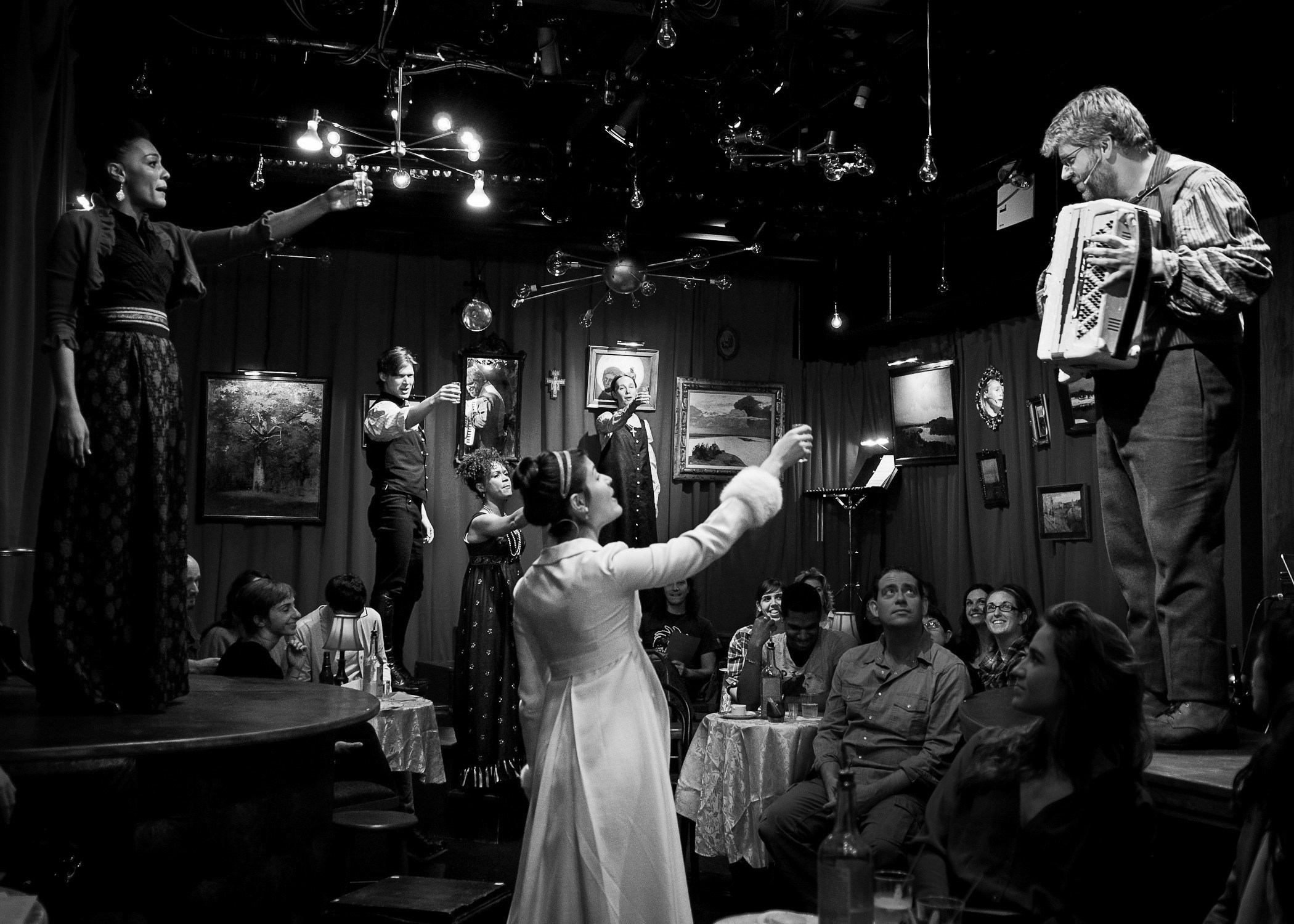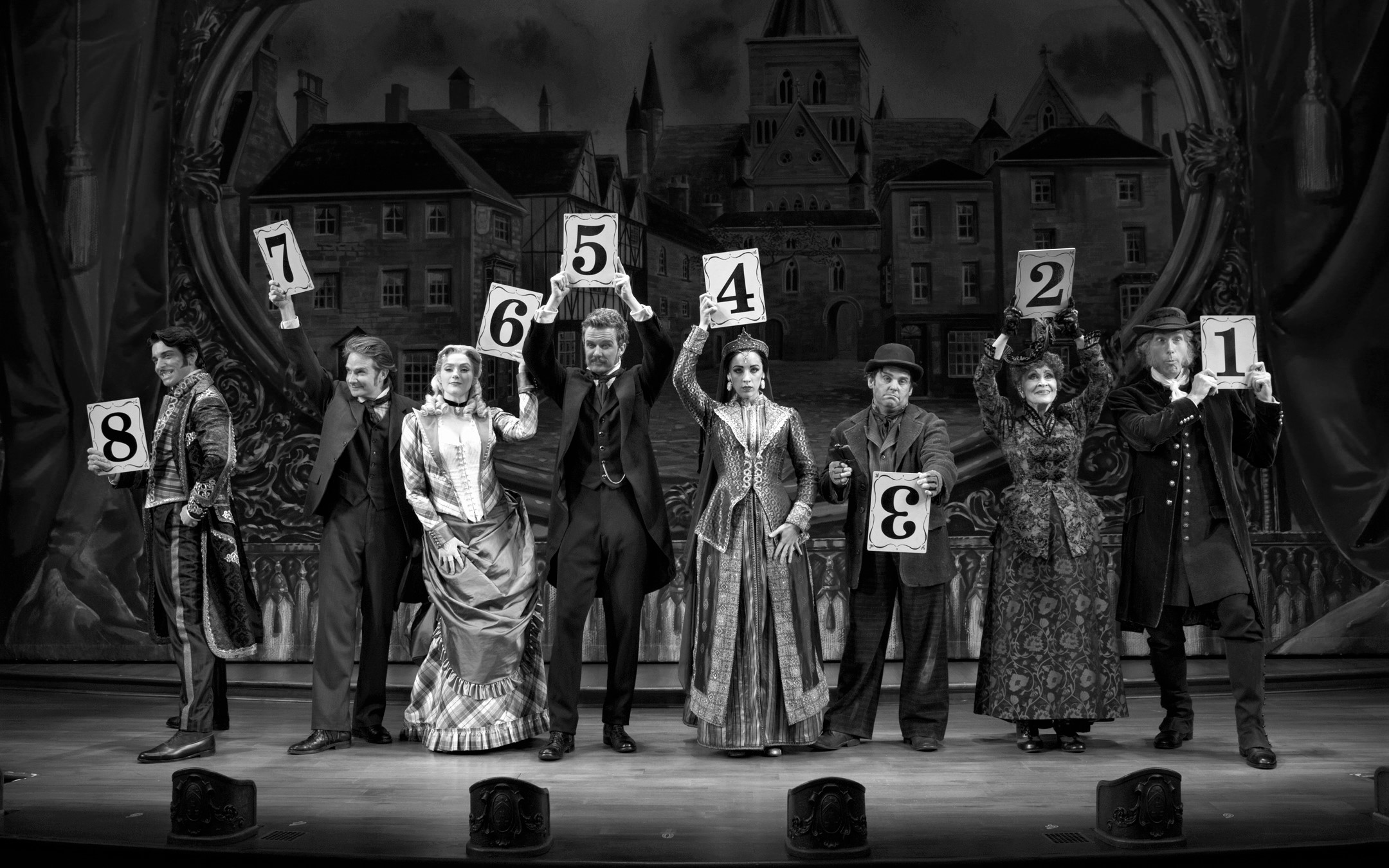Dramaturgy is Everywhere (Even When There's Not a Dramaturg)

One of the required classes for all theatre majors at my school focuses on dramaturgy through the form of play analysis. As a dramaturg, I was excited because I was going to be in my element. But actors, directors, and designers all take that same class. In fact, directors actually are required to take the basic dramaturgy classes as well. There was definitely a bit of discomfort, because people didn't understand why they would need to learn about the field that is too often thought of as pointing out historical inaccuracy.
The question, then, is why? Why does everyone receive dramaturgy instruction despite all the different, non-dramaturgy majors?
The first step to answering that question lies in another question: what is dramaturgy, anyway? That question I already explored in a past article. It is difficult to define dramaturgy, and even more difficult to define dramaturg.
But, essentially, I see dramaturgy as a means of communication between all participants in a theatrical experience - creators, performers, and spectators. It is researching about the given circumstances of a play to better understand and realize its world, choosing actions that make the storytelling clear to the audience, analyzing a piece to illuminate its themes and meaning.
None of that is exclusive to dramaturgs. None of that should be exclusive to dramaturgs. Designers should understand the world they're trying to create, actors should make informed choices and inhabit the world, directors should analyze and share what they take away from a play. And vice versa, and so on. Everyone does dramaturgy.
Then where does the dramaturg come in? I believe the dramaturg serves to deepen the conversation between everyone and the text and facilitate the process for everyone.
That aside, it becomes much more clear that dramaturgy really is present everywhere in a piece. Understanding a text and what you want a production to communicate is vital for everyone in a production. Working on productions, whether hypothetical or real, has solidified the notion that dramaturgs are not the sole practitioners of dramaturgy.
For the play about the Manhattan Project that I assisted on, this could not have been more clear. All of the designers would sit around the table with the director and dramaturg, discussing the themes and structure of a text and how those would be reflected in all elements of design. The design was divided into pre-bomb and post-bomb, with the latter featuring an altered set, saturated colors, and increased presence of media. The actors delved into historical research to find precedents for their characters and what life would have been like on Los Alamos. The dramaturg was there for all of this, providing support, sources of information, visual representations of plot structure, and questions to guide the conversation even deeper.
If you ever get to hear the creative team of a play or musical speak, you'll find that this is no exception. Everyone is expected to do dramaturgical work even if it isn't given that label. That's because the work leads to a more cohesive, fleshed out, and effective production.
But dramaturgical concepts are not limited to theatre. Far from it. Take this Tweet, which directly ties Amy Steven Hammond's work as a story researcher for actor Armie Hammer to the practice of dramaturgy. She looks for historical information that builds up what the world would have been like for his character, and then he takes that information to make "historically backed up" choices as an actor. Hammond may not identify as a dramaturg, especially considering she's working with a film actor, but she is doing dramaturgical work.
Or take this excellent video on costume design in film. What the video boils down to is that costume designers begin with analyzing the story set in front of them and do relevant research to understand who these characters are, how they relate to the world, and what they would have access to and wear. Analysis and research. That's dramaturgy.
Even video games show evidence of dramaturgical work. They have narrative designers who work to integrate story elements into the gameplay and design elements, for one. But also reading through Creating A Champion, a book featuring concept art, development information, and lore insights for The Legend of Zelda: Breath of the Wild reminded me of my work as a dramaturg, too. The artists working on the game pulled from various real-world sources and made sure to give each of the different fantasy races distinct aesthetics that are present in everything from their houses to their weaponry, for one. They also focused on building up an entire world in ruins with complex backstories that are then reflected in final designs. The entire team worked together to create a cohesive, compelling, detailed experience, using research and communication as the key. (Side note: I've been trying to talk about "video game dramaturgy" for ages. Fingers crossed I can write a full article on the notion soon.)
I think everyone can benefit from learning about research methods, text analysis, and better communication. I think everyone can benefit from learning how to integrate those into their given fields, even if they aren't dramaturgs. And I think everyone can benefit from realizing dramaturgy is a lot more than pointing out historical inaccuracies.
(Image: Cover art by Takumi Wada from Creating A Champion)




